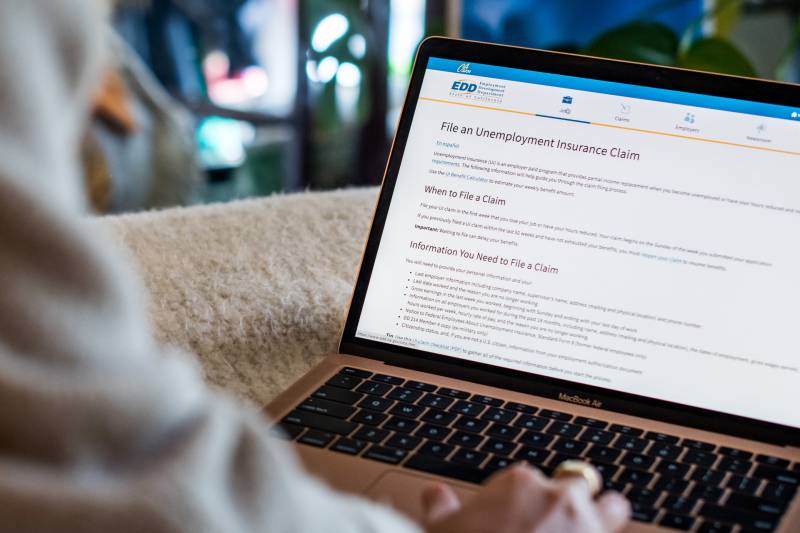Hand Sanitizer for the People: The Allyship of an Actor and PhD Student
(April 19)


“People are worried about food, people are worried about rent ... And a lot of these families, they're living five to six people in a two bedroom, it's tough,” Jamal Trulove said. “If there's not attention being shown in our communities,” in regards to prevention and testing, “we won’t find out the cases, we’ll only find out about the deaths."

“This is one thing I know how to do. I can make hand sanitizer, I can make it in a lab,” Elina Kostyanovskaya said. After some initial funding from the San Francisco Democratic Socialists of America and the California Wellness Foundation, lab space from a fellow UCSF student and a materials order — they began.
SF Supervisor Wants All City's Homeless Tested for COVID-19 After Shelter Outbreak
(April 21)

Supervisor Matt Haney, whose district includes SoMa and the Tenderloin, introduced a resolution on April 20 urging the city’s public health department to provide free, universal testing at city shelters and single room occupancy hotels.
“Thousands of workers every day continue to go into work and serve some of the most vulnerable people in San Francisco,” Haney said in a virtual press conference. “And thousands of San Franciscans continue to live in crowded shelters and congregate living sites like SROs. All of them lack something that should be easily available, which is testing.”
Car-Free 'Slow Streets' Coming to San Francisco This Week
(April 22)

The "Slow Streets" program will be rolled out incrementally, with up to three, roughly eight-block corridors per week closed off to through traffic, the San Francisco Municipal Transportation Agency announced on April 21. In all, the agency identified 12 different corridors throughout the city — from Bayview-Hunters Point to the Sunset District — to make largely traffic-free.
Latinos Around the Bay Area Are Disproportionately Affected by COVID-19
(April 23)

Local data from public health departments reveal that Latinos are disproportionately affected by the coronavirus in the Bay Area, mirroring initial nationwide findings that the virus is hitting different racial groups unequally.


